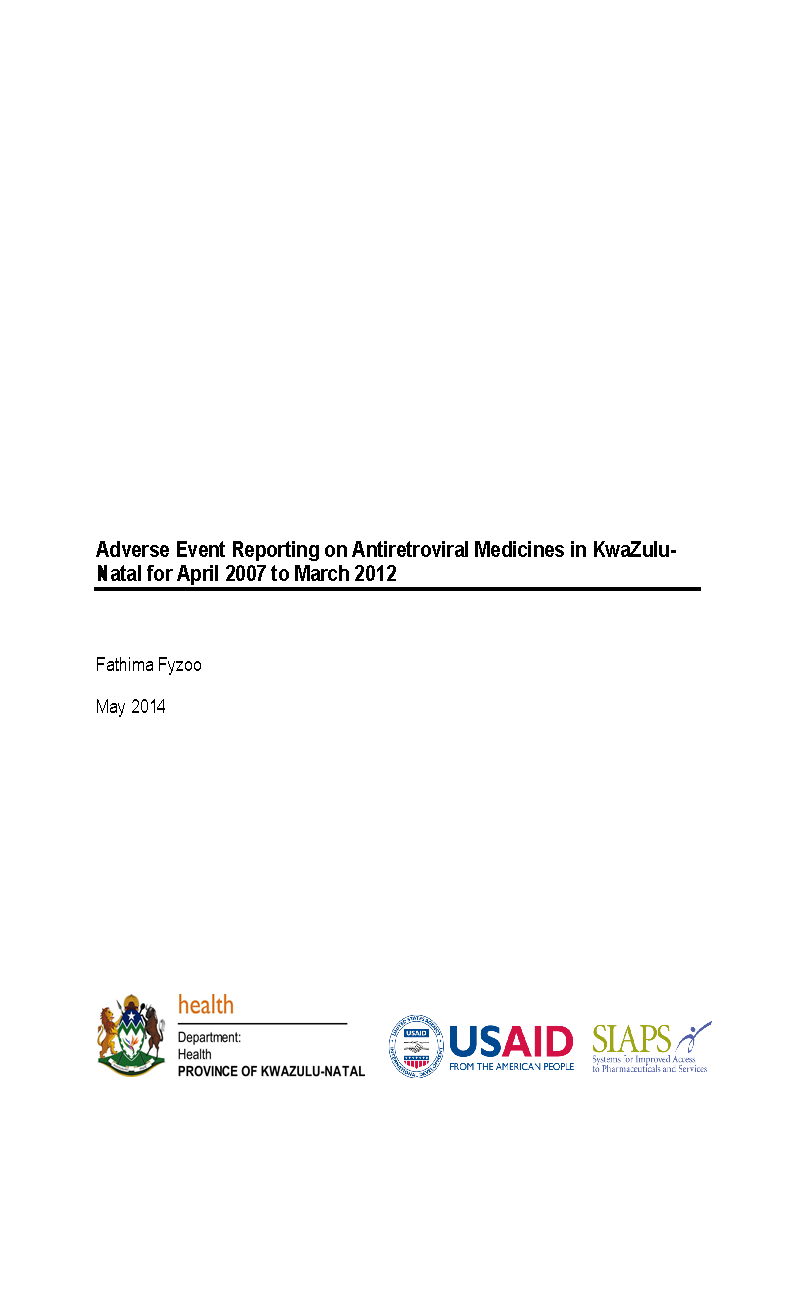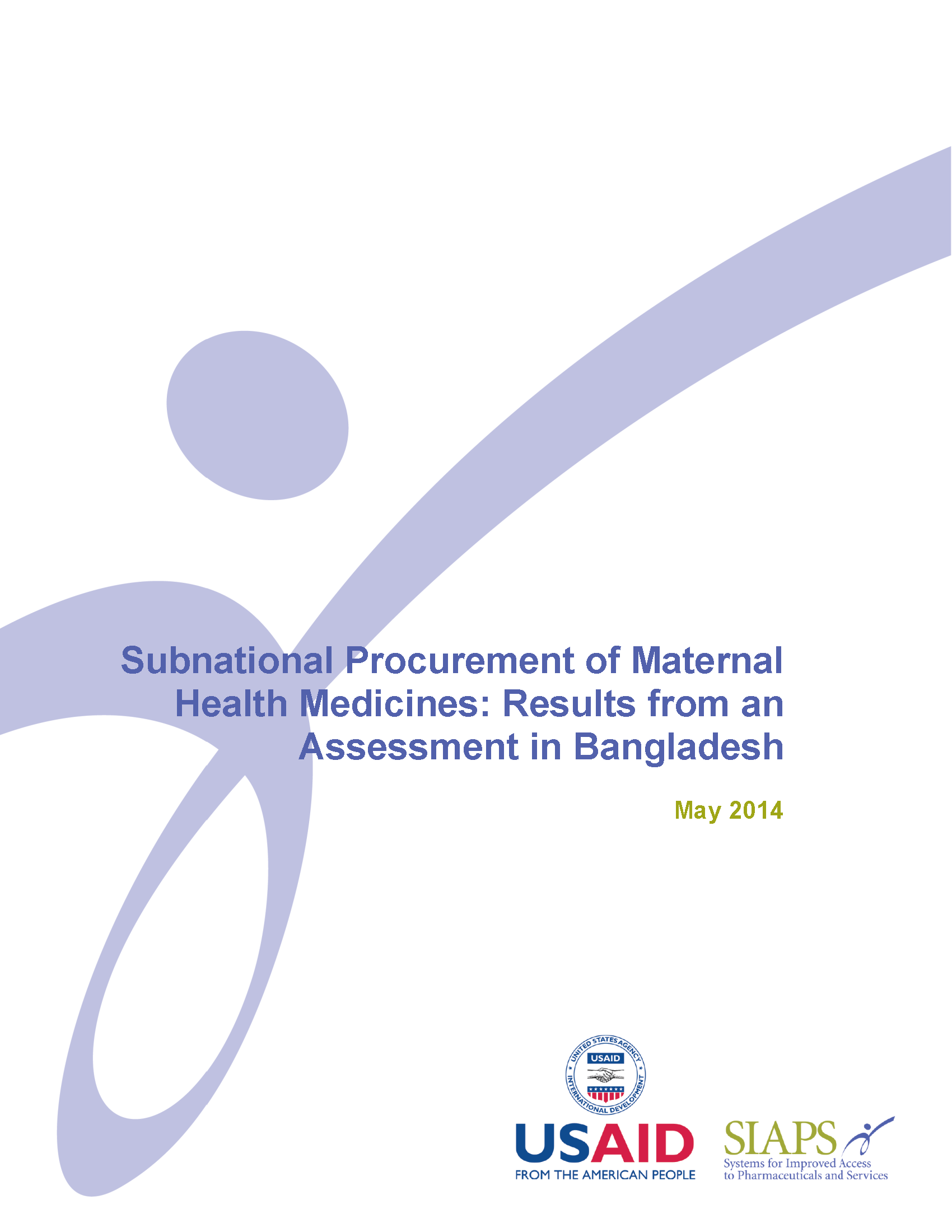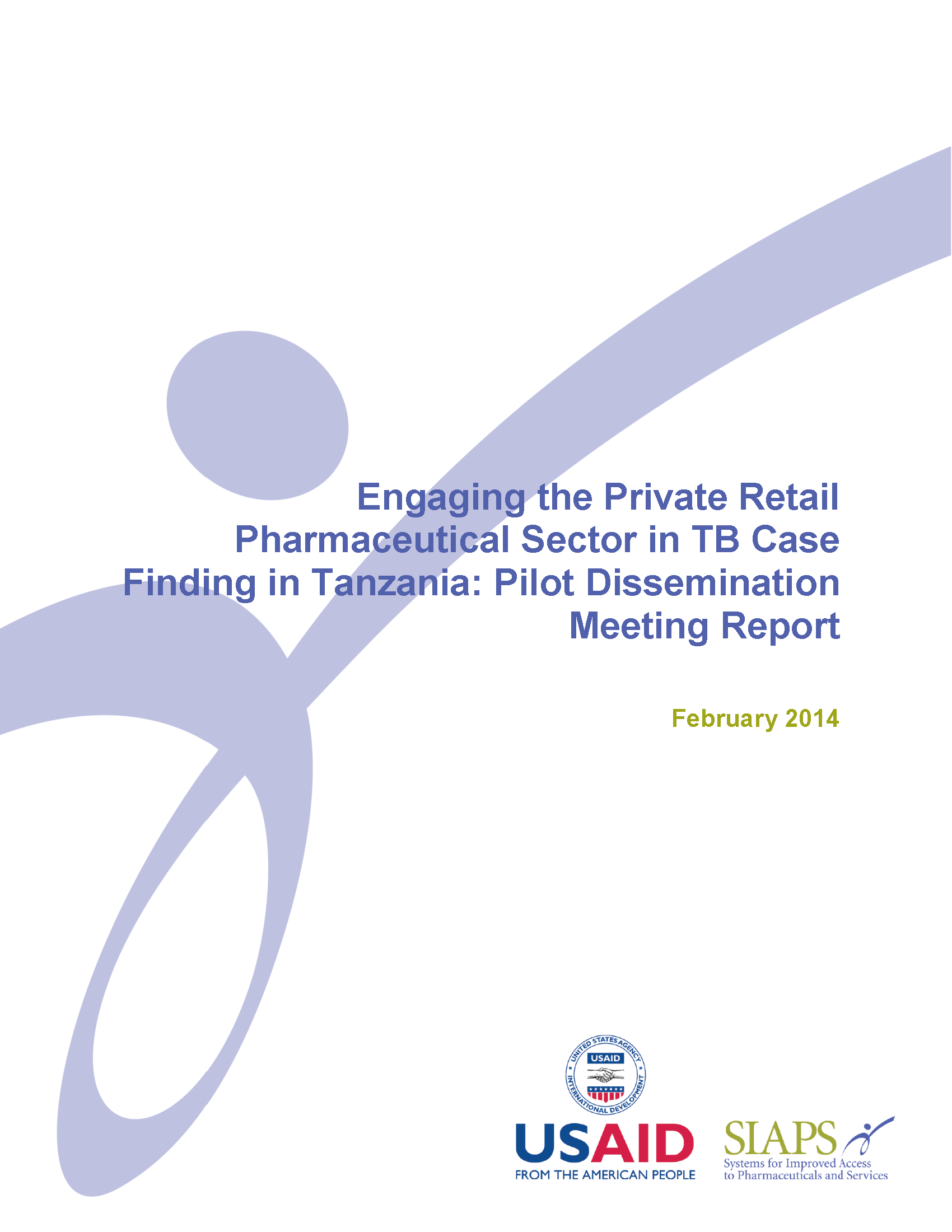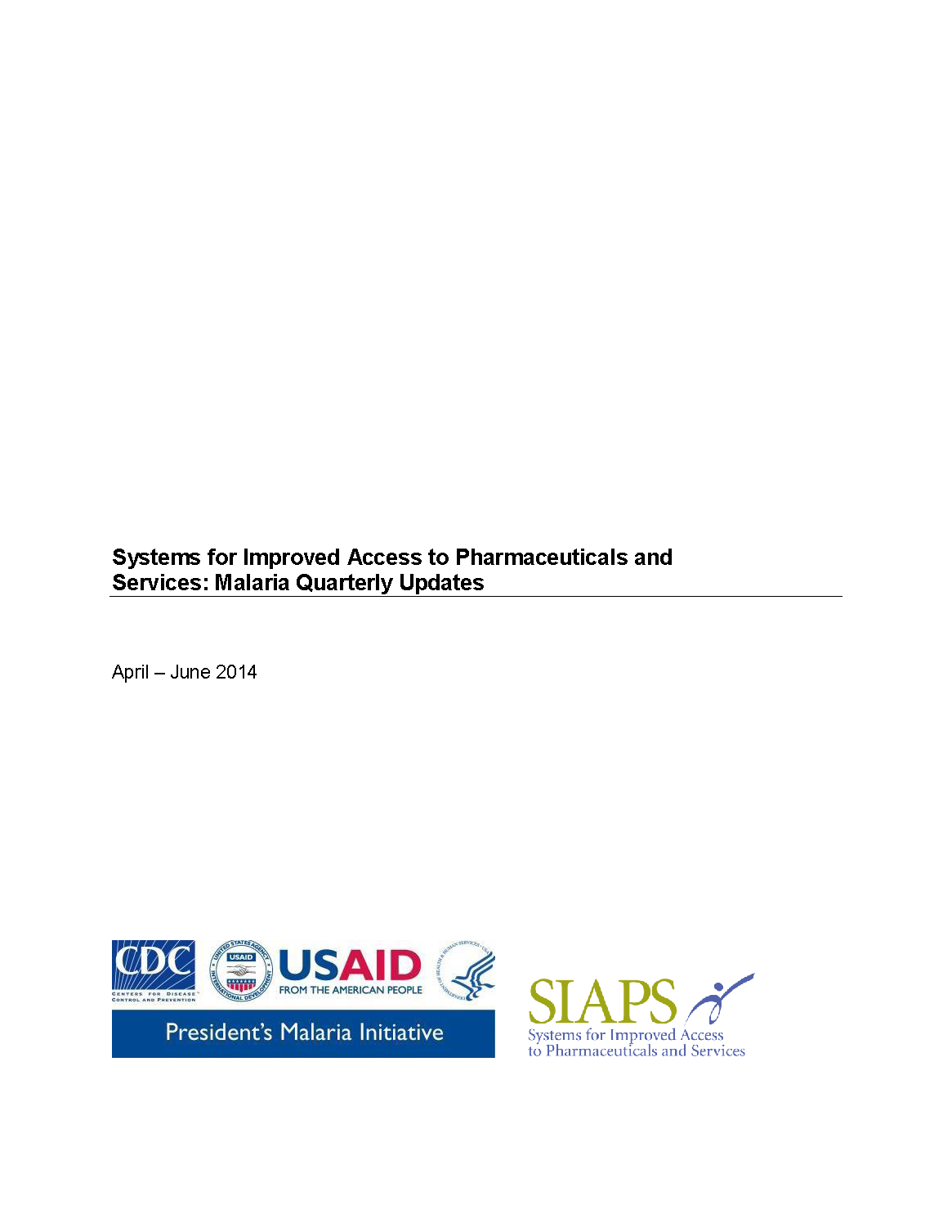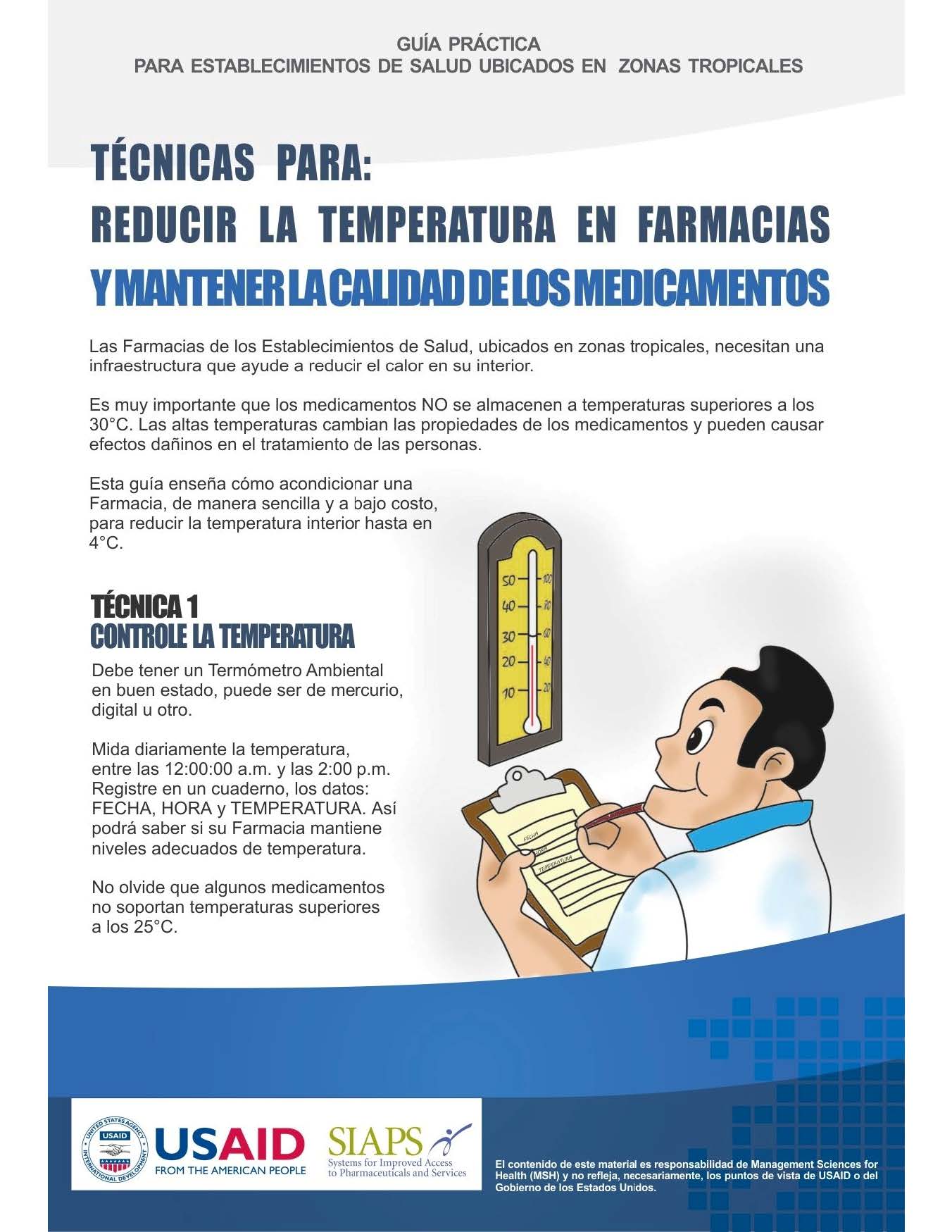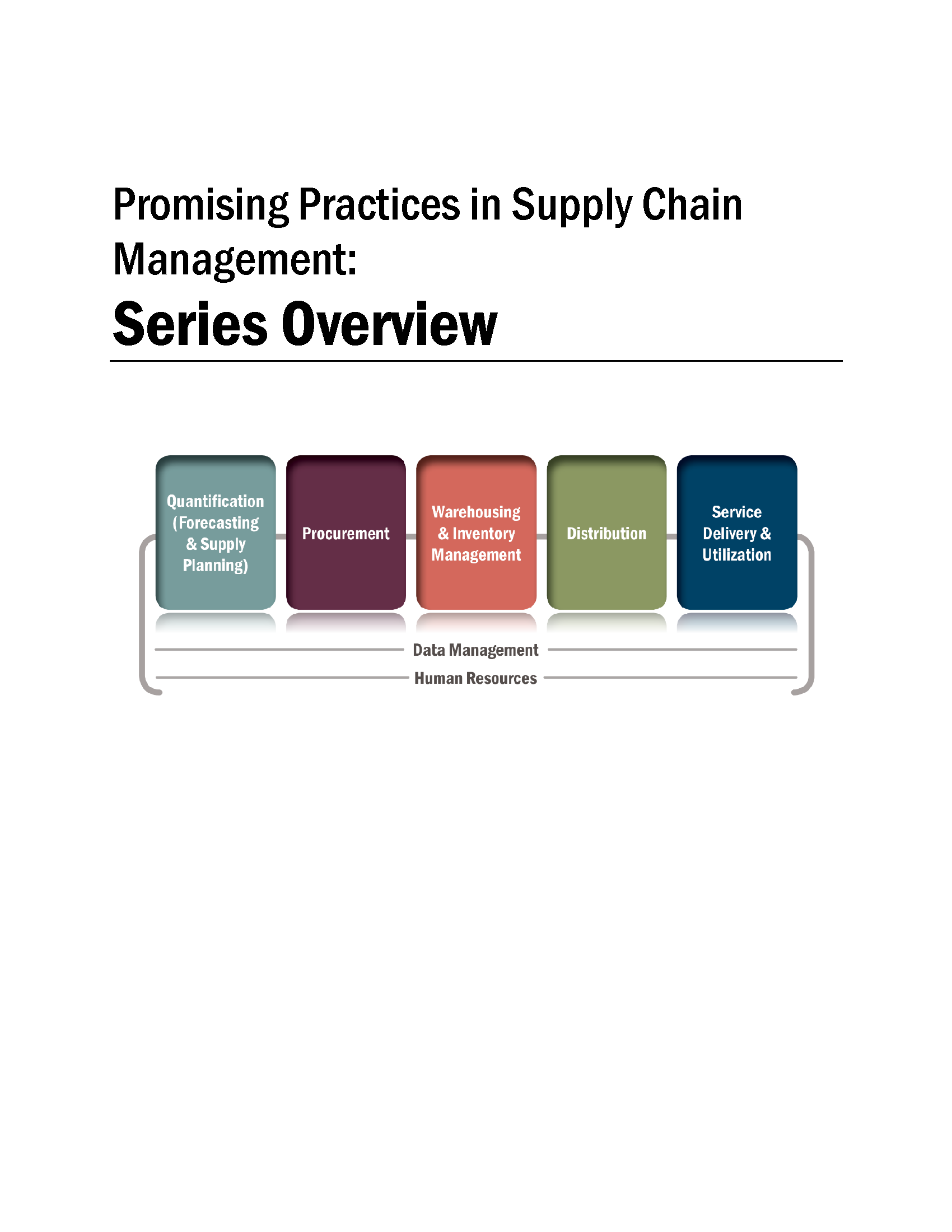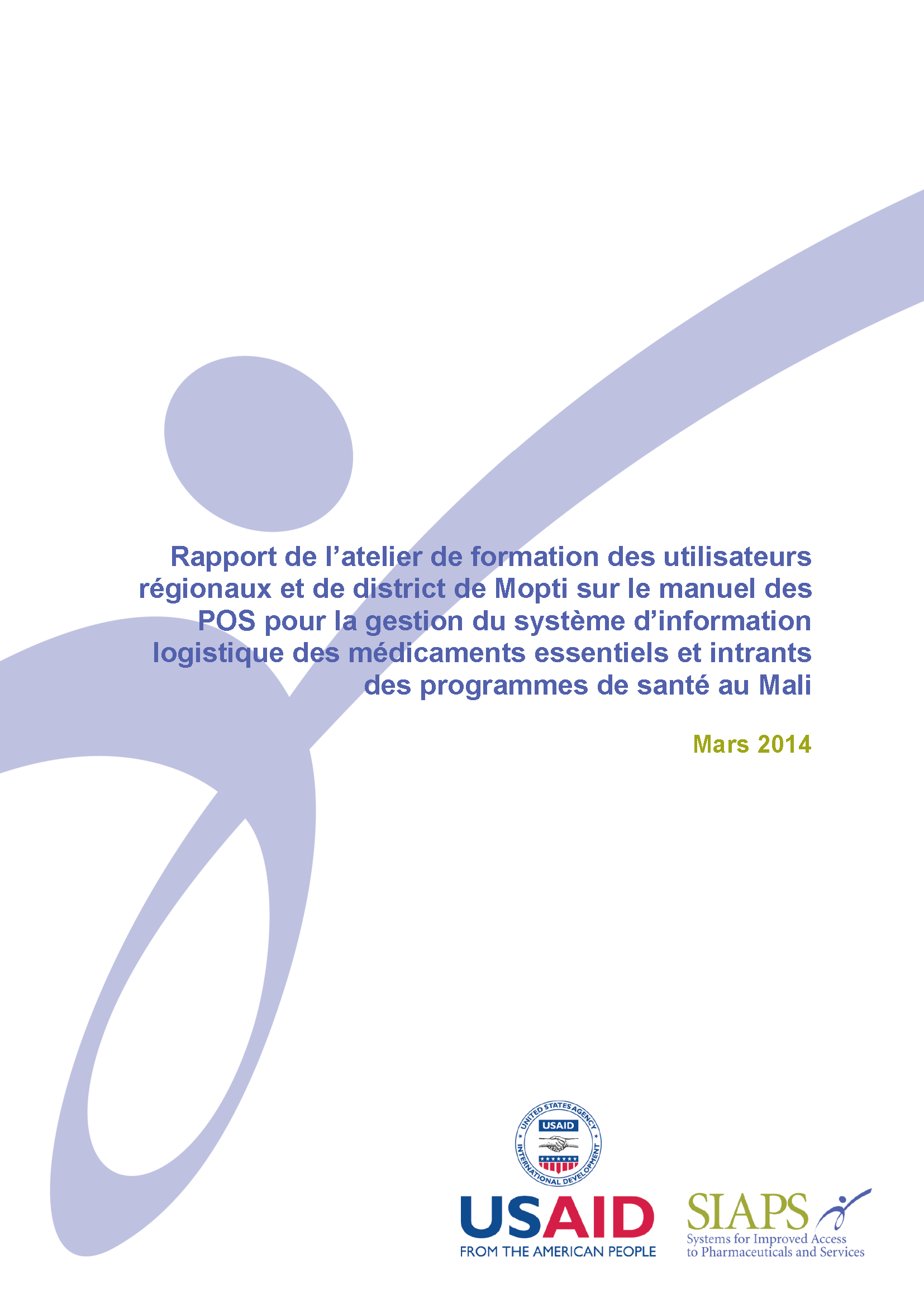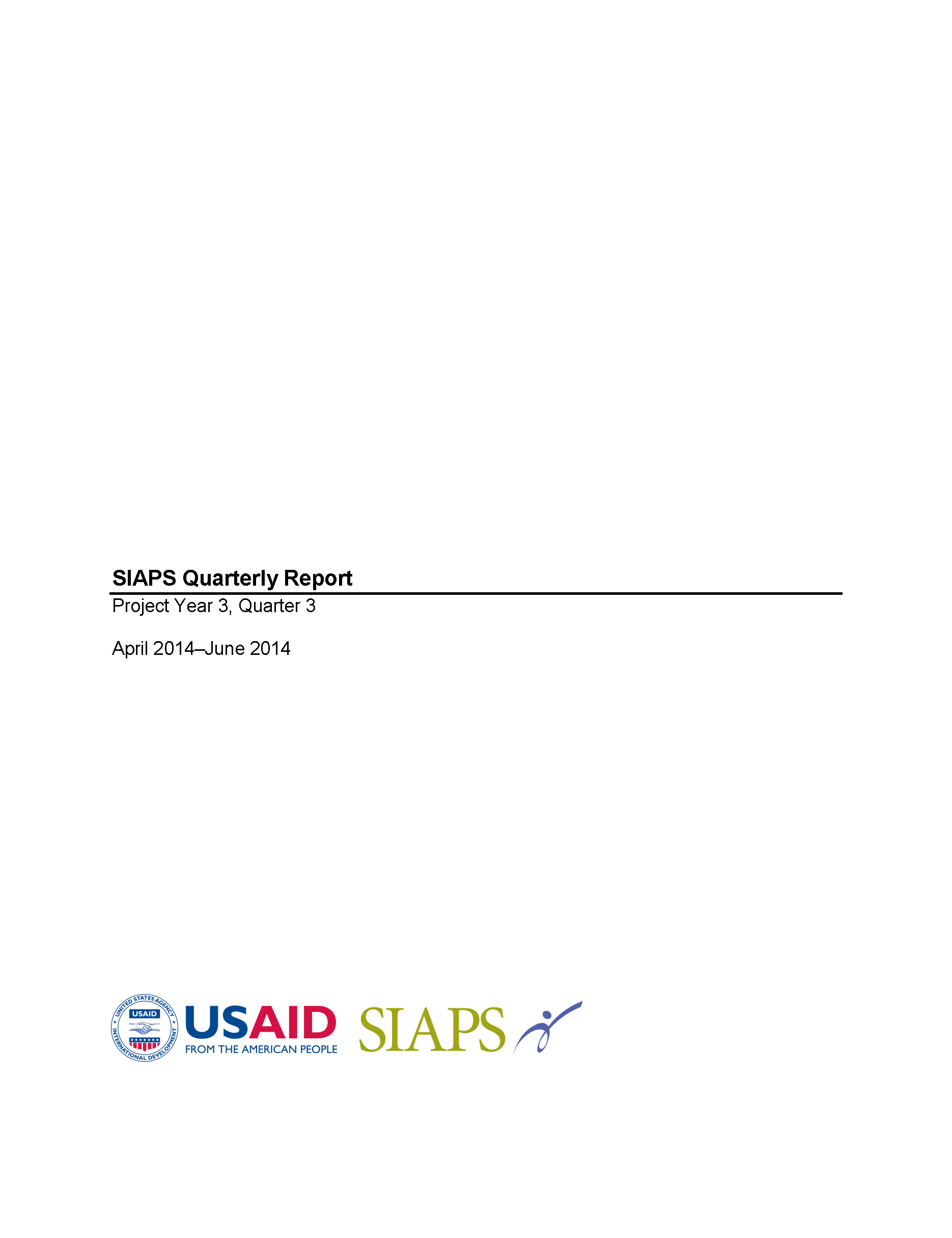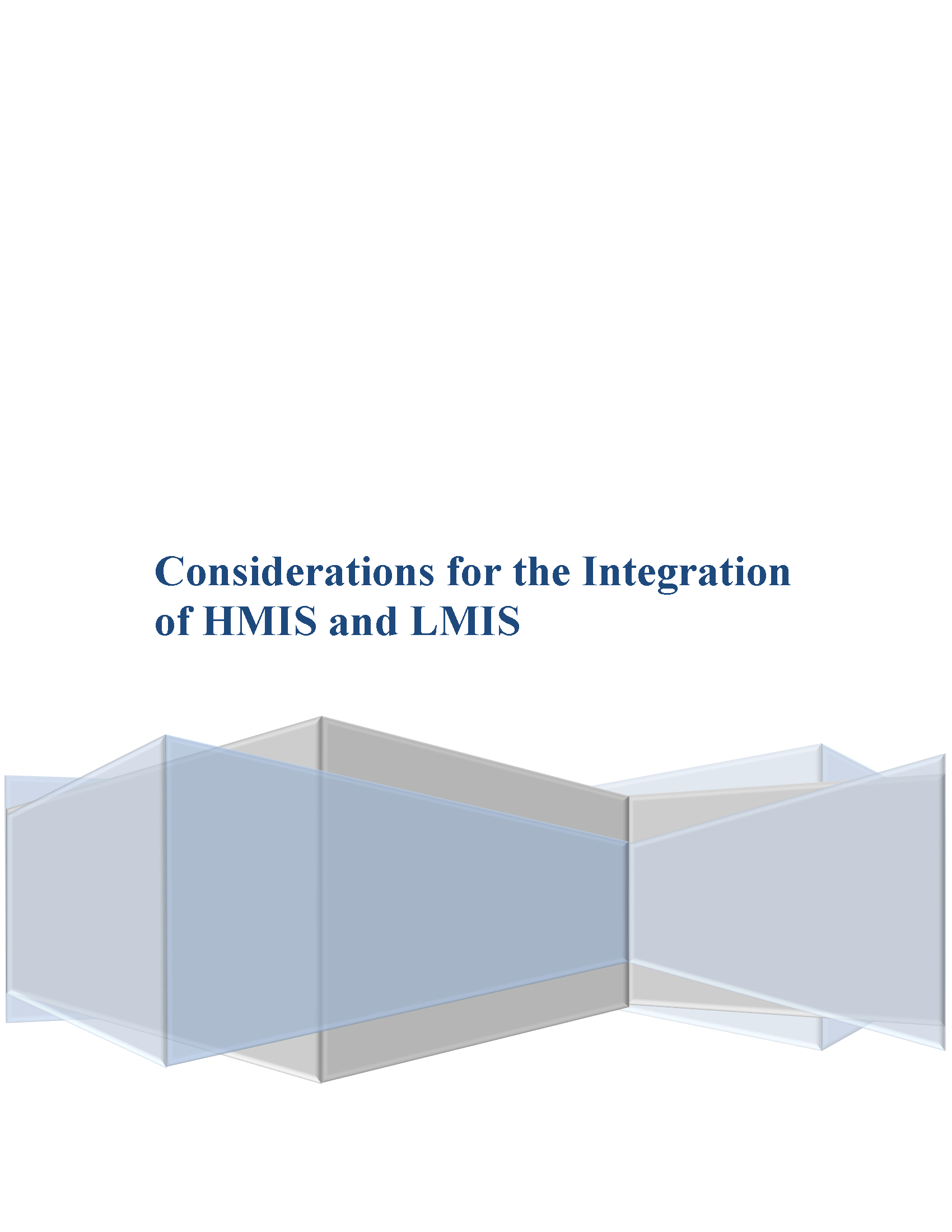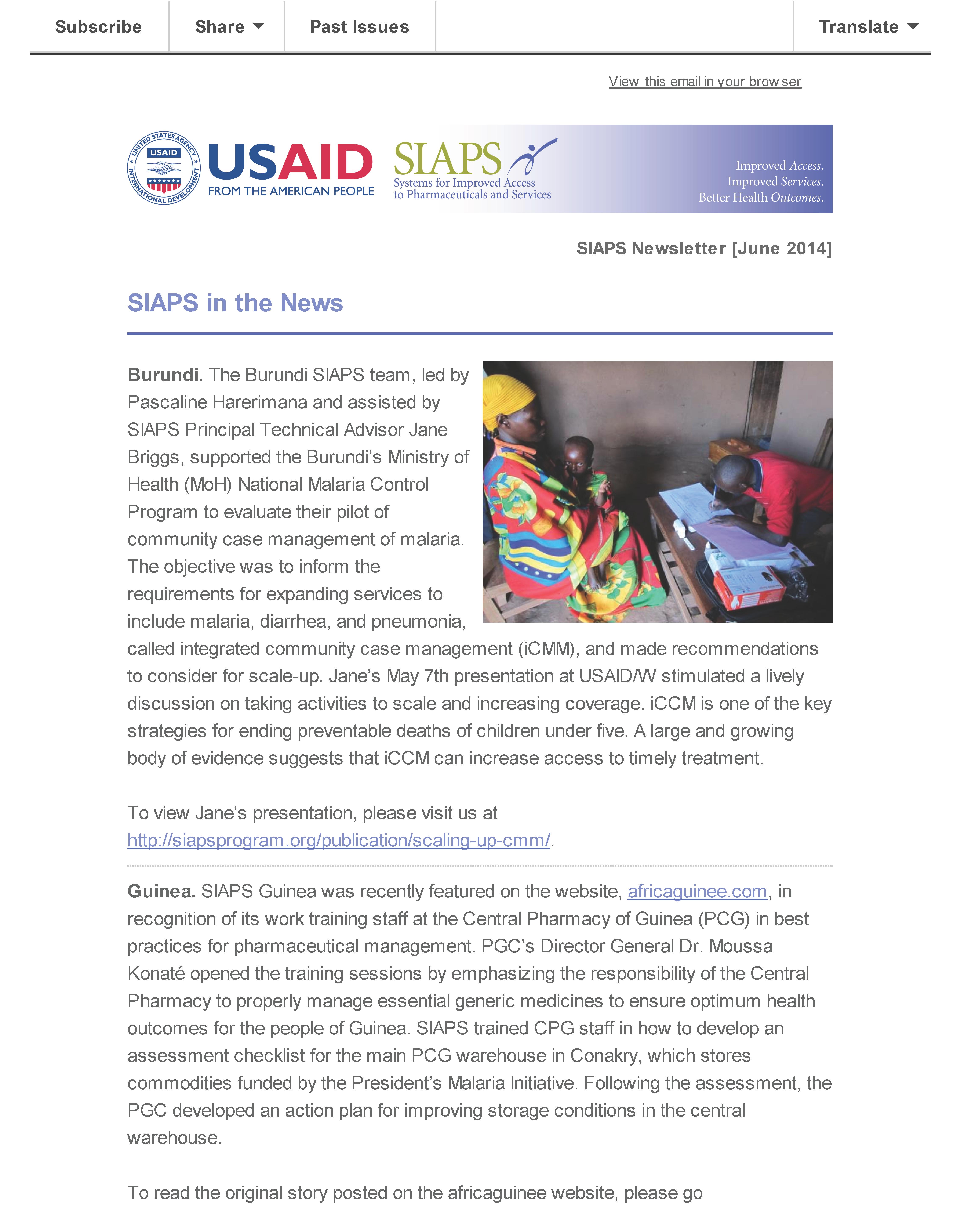The advent of highly active antiretroviral therapy (HAART) has led to significant reductions in morbidity and mortality; however, adverse effects are common, and may lead to discontinuation of therapy, dose interuption, and significant reductions in quality of life. Prompt identification and management of adverse effects are crucial to ensuring adherence to treatment and the success … Read more
SIAPS has developed a methodology and a set of tools to assess the effect of local procurement on the availability of maternal health medicines. SIAPS validated these assessment tools in Bangladesh to allow a broader discussion about potential strategies to improve access to maternal health medicines and to understand how local procurement practices affect access … Read more
A Sheikh, A Uddin, B Yeager, Bangladesh, J Rahman, M Thumm, Procurement, Reproductive Maternal Newborn and Child Health, S Patel, Supply chain management, Technical Report
In many parts of the world, private drug shops are one of the first places people seek care for illnesses; they may also be a key partner in controlling tuberculosis (TB). With targeted training and a formal referral system, shop dispensers have the potential to identify clients with TB symptoms and refer them to diagnostic … Read more
This report briefly describes the major SIAPS country activities in Angola, Burundi, the Democratic Republic of the Congo, Ethiopia, Guinea, Mali, and South Sudan as well regional activities for Latin America between April and June 2014.
AMI, Angola, Burundi, Democratic Republic of Congo, Ethiopia, governance, Guinea, Mali, PMI, South Sudan, Supply chain management
Pharmacies that serve health clinics located in tropical areas need infrastructure that will help lower their inside air temperature. It is very important that medicines are stored below 30°C, remembering that certain medicines must be stored at temperatures below 25°C. Higher temperatures tend to change medicine quality, which can make them less effective. This guide provides instruction on … Read more
This series of briefs, commissioned by the Supply and Awareness Technical Reference Team (TRT) of the United Nations Commission on Life-Saving Commodities for Women’s and Children’s Health (UNColSC), aims to share some of the promising practices and tested solutions from Every Women Every Child (EWEC) countries. The promising practices in these briefs provide ministries of health … Read more
Data Management, Distribution, guidance document, Human Resource Management, Human Resources, Procurement, Proven Practices, Quantification, Reproductive Maternal Newborn and Child Health, Service Delivery and Utilization, Supply chain management, warehousing
On March 24, 2014. SIAPS/Mali held a workshop in Mopti district on a manual of standard operating procedures for managing information on the logistics of essential medicines and other health inputs in Mali.
The Systems for Improved Access to Pharmaceuticals and Services (SIAPS) Program, awarded by USAID in September 2011, strengthens the management of essential medicines and health supplies so that more people can access the health care they need. Now in its third year, SIAPS works with local counterparts and partners in 22 countries, including 2 regional … Read more
The UN Commission on Life-Saving Commodities for Women and Children works to increase access to life-saving medicines and health supplies for the world’s most vulnerable people. This toolkit was developed in collaboration with SIAPS to document best practices in supply chain management where HMIS and LMIS data have been combined to determine the benefits from such linking or … Read more
For more information about SIAPS activities during the last quarter, please look at our current SIAPS Newsletter.
